
Measures include $101.5 million extra funding for maternal and child health services. By addressing health issues early in life, these interventions can deliver significant progress in closing the gap. These initiatives include:
Alcohol, tobacco and substance abuse are major issues of concern among some Indigenous communities, which a number of initiatives address:
An essential step towards improving the health of Indigenous Australians is ensuring appropriate health services and the right health workforce are available. These issues will be addressed through measures including:
In addition, the Government has committed $99.7 million to expand primary health care in the Northern Territory, including establishing a remote area health corps agency to recruit more doctors, nurses and other health professionals to work in remote Indigenous communities.
The Government is also committing an additional $13.6 million to complete the delivery of follow-up dental, hearing and ear, nose and throat services for Aboriginal children in remote communities and town camps in the Northern Territory in 2008-09. This brings the total Australian Government commitment for health initiatives under the Northern Territory Emergency Response to $196.2 million over three years.
Under this measure, Aboriginal people in the Northern Territory will have continued access to drug and alcohol treatment, rehabilitation and outreach services, and continued services for children and communities affected by child abuse and trauma.
The Government will also enable 1,000 Aboriginal and Torres Strait Islander Stolen Generations members to be reunited with their families under a $15.7 million, four-year Government initiative. This measure will enable members of the Stolen Generations to reunite with their families through Link Up services, and will fund an extra 20 Bringing Them Home counsellors.
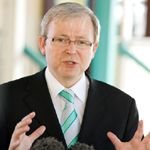

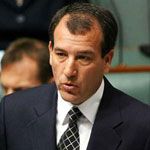
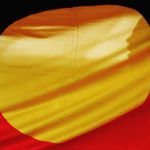
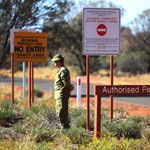
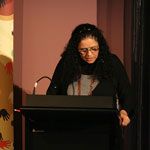
Comments are closed.